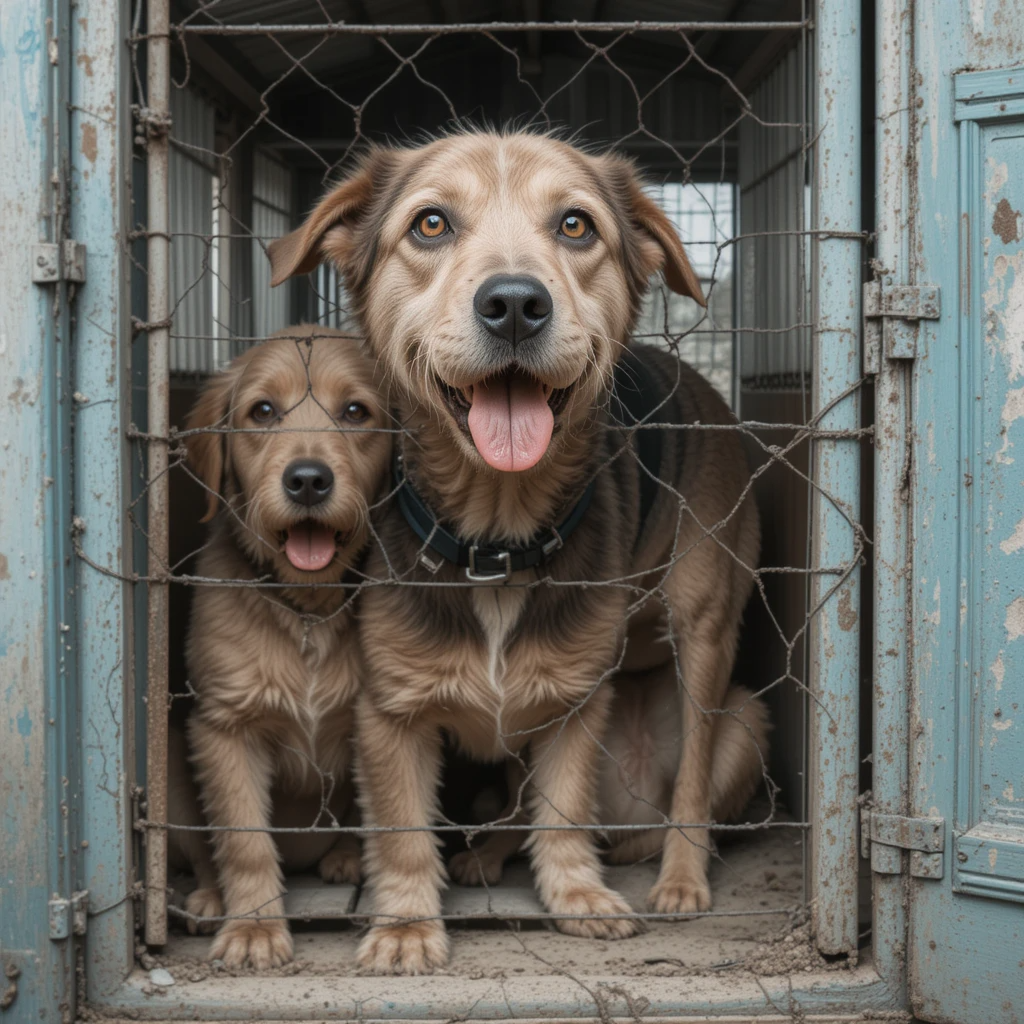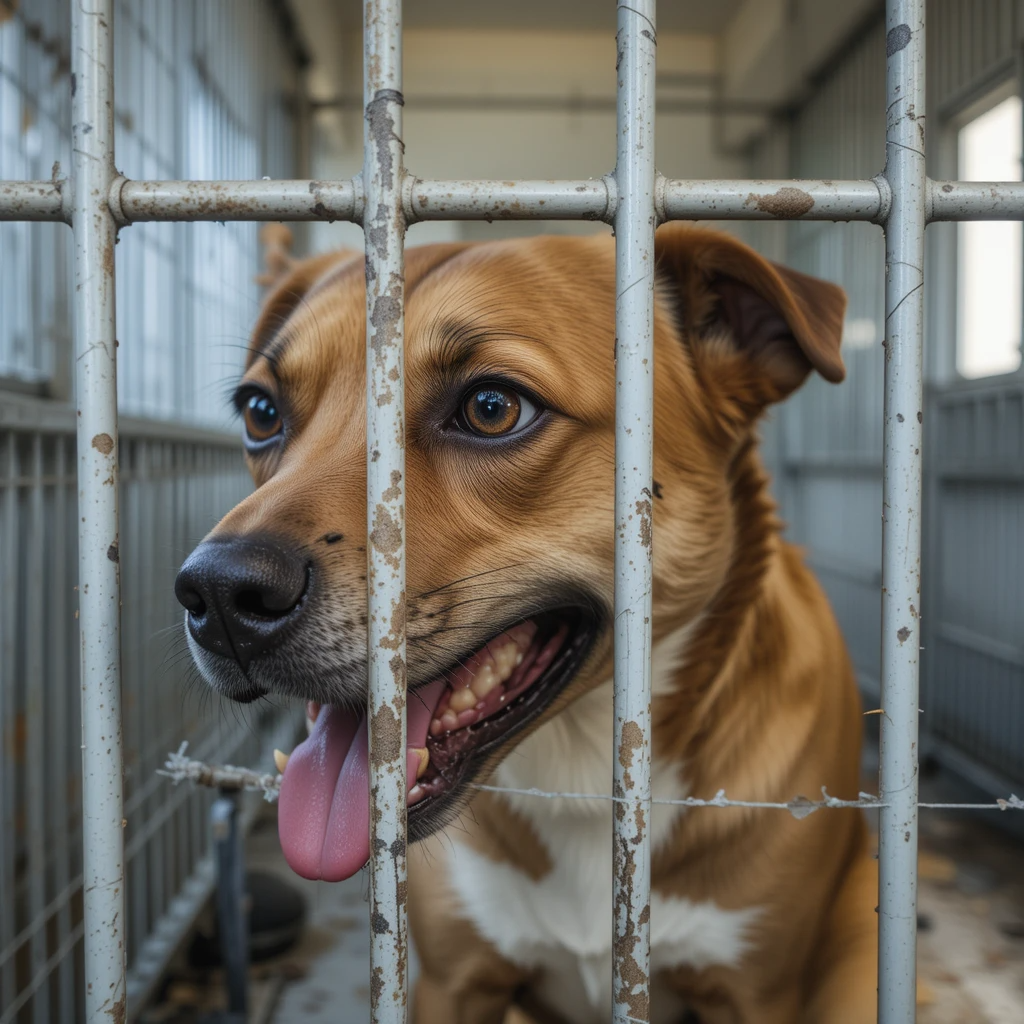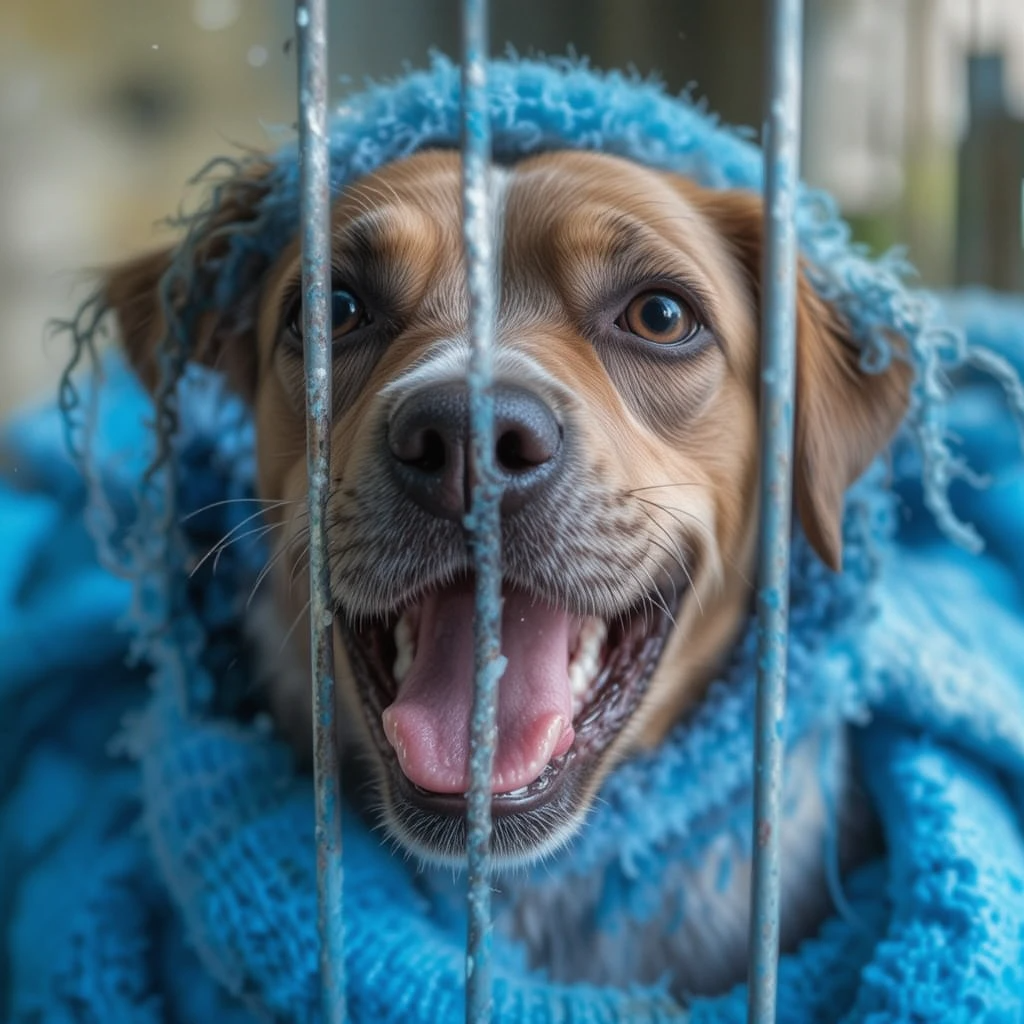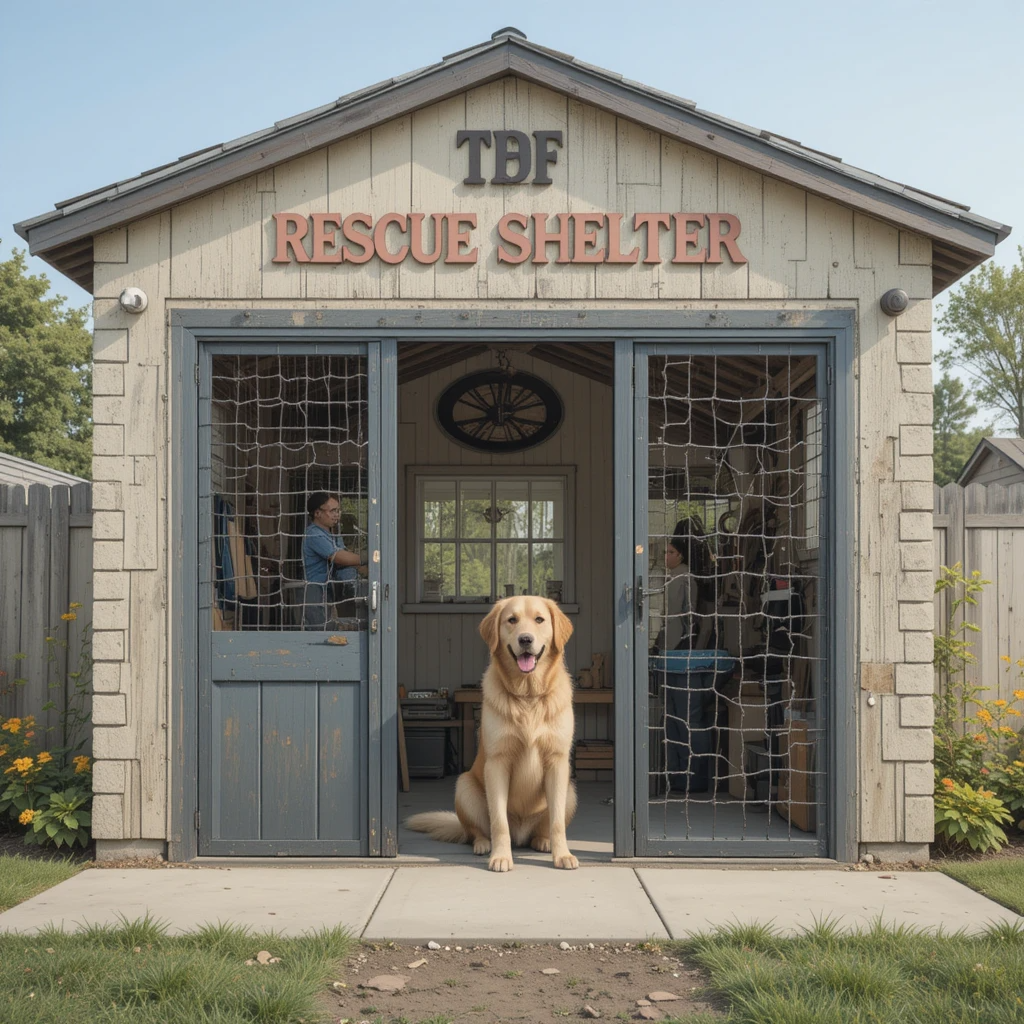Understanding Rehoming Options and Legal Duties
When I was faced with the heartbreaking decision to surrender an aggressive dog but a beloved too, I realised how complex the process is in the UK. You can’t just give your pet away; you need to follow proper rehoming steps and understand your legal responsibilities. From my experience, the first thing you need to do is assess behaviour. Not just for safety, but also to provide full transparency when working with rescue organisations or breed-specific rescues. These organisations ask for detailed information so they can find a suitable home where the dog’s needs are understood. It’s not about blaming the animal; it’s about finding the right fit.
What helped me most was consulting with professional trainers who explained the root causes behind the aggression and taught me about management and the dog’s wellbeing. They made it clear that understanding and employing proper methods is part of my duty. Sadly, if no safe options are left, considering behavioural euthanasia is sometimes necessary—but that should only happen after all other options are exhausted. If you fail to disclose a dog’s aggressive history, it could result in criminal charges, which is why full disclosure is not just moral, it’s the law. Making informed decisions during this tough time is the best way to ensure everyone’s safety, including your household members.
Table of Contents

What Triggers Aggression and Why It Matters
Living with a dog showing aggressive behaviour can deeply affect your home and create a tense atmosphere. I remember how worried my family members were, especially about potential bites. Over time, I learned that aggression doesn’t just appear—it usually develops from past negative experiences, fear, or even feeling threatened. Some dogs may act out in self defence, especially if they’re in pain. That doesn’t make the dog bad. In fact, many professionals say that aggression is sometimes a normal and appropriate response to danger. So, when planning where to surrender your dog in the UK, it’s important to first try to comprehend what’s really happening.
One important step I took was making sure my dog was properly socialised. A safe and loving home, along with the right approach, helped reduce his aggressive responses. Still, I had to accept that any dog is capable of reacting when pushed too far. Using the term “aggressive dog” can be unfair—it’s just a label. What helped me most was learning the strategies dogs use when they feel cornered. Even if aggression seems unjustified, understanding its use can guide you towards a peaceful solution. If all else fails, rehoming with proper guidance is better than letting the dog suffer.
Helping Dogs with Bite Histories Find the Right Home
When I worked with a dog that had a bite history, I quickly learned how much of a challenge it can be. Many rescues were hesitant to help, often due to the risks involved and the strong stigma attached to dogs with past aggression. The prospects of adoption drop significantly when there’s a record of biting, as prospective adopters usually have serious reservations. They worry about safety, recurring incidents, and how the dog might behave in their homes. It’s no surprise that some places will simply decline to rehoming dogs with bite cases, which makes the journey even harder for both the owner and the animal.
But what I’ve learned is that these dogs aren’t hopeless. What they really need is a structured environment, along with someone who has the knowledge, commitment, and patience to manage and modify difficult behaviours. The hesitancy from others makes sense, but with the right support, change is possible. When thinking about where to surrender an aggressive dog UK, keep in mind that the opportunities may be limited, but there are places that do understand this situation. It’s about finding a suitable home that accepts the full story and is ready to take it on without judgement, even when the path is multifaceted and emotionally tough.
Choosing the Right Path Forward
When I faced the decision of rehoming my aggressive dog, I realised how important it was to thoughtfully assess every possible option. You can’t rush it. Key considerations should always involve prioritising the dog’s best interests and making sure they end up in a joyful home. In the UK, some helpful routes include contacting local rescue organizations, reaching out to no-kill shelters, or even checking with the original shelter or breeder where your dog was adopted. During this process, being completely open about the dog’s aggression is vital. It increases the chance of finding a suitable and long-term solution, where the dog can settle without risk.
If you’re placed on a waiting list or your nearby rescue centre isn’t immediately available, don’t give up. Keep contacting them regularly, and be ready to provide full details about your situation. When I went through this, I found that asking friends and family for assistance with transporting my dog made things much easier. You’ll need both patience and perseverance, but your effort truly counts when you’re working to find that forever home. Doing the right thing isn’t always simple, but in the end, it’s what your dog deserves.
Finding the Right UK Shelter or Rescue Centre
When relinquishing an aggressive dog, it’s vital to confirm the rescue centre offers a safe and appropriate environment. Organisations like Dogs Trust and RSPCA provide specific services, helpful resources, and even guide you on pet insurance options that can support long-term care.
Before placing your pet, ensure the centre understands aggression and can meet their needs. The goal isn’t just to find any shelter—it’s to choose one that truly supports your dog’s future.
Dogs Trust
If you’re struggling with an aggressive dog, Dogs Trust can be a real lifeline. Their Post Adoption Behaviour Support Line offers free, expert advice for anyone facing behaviour problems, including resource guarding, anxiety, or aggression in veterinary settings. I remember when I reached out to their team about my own dog’s sudden fear-driven outbursts—just one call gave me the tools I needed to start addressing it. Their guidance helped me feel supported and informed, not judged.
In addition to one-on-one advice, their Dog School program is an incredible resource. It focuses on training, managing behaviour, and supporting both dogs and owners through difficult moments. By teaching dogs how to cope with fear and discomfort, the Dog School section on their website gives practical steps to reduce associated aggression. The structured approach helped transform our tense routines into calm moments. I highly recommend exploring this section if you’re unsure what to do next.

RSPCA/SSPCA
The RSPCA and SSPCA in Scotland are reliable options for owners needing to surrender an aggressive dog. They use standardised behaviour assessments to evaluate each dog’s aggression before rehoming, ensuring proper care and attention.
With multiple branches across the UK, these organisations offer a range of services and are a resourceful option. Their website provides a comprehensive list of locations, making it easier to connect and get help for your dog.
Breed-Specific Rescues
When surrendering a dog with aggression issues, especially a pedigree, it’s important to find support that truly understands the dog’s nature. Breed-specific rescues offer specialised knowledge and a tailored understanding of specific breeds, which makes them ideal for helping dogs that need more than general care. I’ve worked closely with such organisations, and they often create a strong safety plan, offer suitable training, and implement effective behaviour modification. These rescues focus on addressing root causes rather than just managing the surface issues, which improves the dog’s chances of successful rehabilitation and rehoming.
In the UK, a comprehensive list of these rescues is available on The Kennel Club website. It’s always advisable to reach out directly, especially if your dog has a complex history. Many of these rescues will accept dogs others might not, and they have the tools to truly possess and resolve the issue. Their approach ensures not just a temporary fix, but lasting support tailored to the dog’s breed.
Consulting with Veterinary Professionals
Before deciding to surrender an aggressive dog, it’s important to speak with veterinary professionals who understand both medical and behavioural causes of aggression. In one case I observed, a dog’s aggressive behaviour was linked to a hormone imbalance—something only a trained vet could identify. They looked into the diet, ruled out disease, and offered effective treatment options. These included anti-anxiety medications, a solid safety and management plan, and supportive behaviour modification techniques.
- Consult a vet to rule out hidden medical issues like disease or hormonal imbalance.
- Ask about treatment options like behaviour modification, medication, or adjusting the diet.
- Create a safety and management plan to reduce risks at home.
- Understand that veterinary professionals provide valuable insight that could prevent surrender.
Experts in veterinary behaviour medicine, such as veterinary behaviourists, go deeper. They blend behavioural expertise with medical care to treat problematic behaviours. If you’re working with a general vet, don’t hesitate to inquire about specialised help. You may be introduced to training strategies, early safety measures, and other potential solutions that reduce risk and bring peace back to your home.
- Look for a veterinary behaviourist if standard support isn’t enough.
- Ask your vet to refer you to someone trained in veterinary behaviour medicine.
- Implement suggested training strategies to safely manage your dog’s behaviour.
- Don’t give up too soon—many problematic behaviours can be improved with proper guidance.
Legal Responsibilities and Full Disclosure
When you decide to rehome an aggressive dog, you must understand your legal obligations in the UK. It is very important to give a full disclosure of your dog’s past, especially any aggressive or dangerous behaviours. This means being completely transparent with any shelter or new owner. From my own experience in pet rehabilitation, shelters appreciate honest and complete information. They use this to ensure the safety of others and to match your dog with the right person. Failing to share your dog’s history may seem easier, but it can have serious consequences later.
In the UK, owners who don’t disclose aggressive history risk facing criminal charges, financial penalties, or even imprisonment if their dog harms someone. It’s not just about doing the responsible thing—it’s about preventing harm and legal trouble. Always include veterinary assessments or behaviourist reports to back up your statements. This kind of honesty helps adopters make well-informed decisions and puts safety first. I’ve seen how being upfront not only builds trust but can actually lead to better outcomes for both the dog and their new home.

Preparing Your Dog for Rehoming
Before you rehome an aggressive dog in the UK, it’s important to make sure they are healthy and stable. I remember helping a friend with a rescue, and the first step we took was getting the dog up to date on vaccination. This not only protects other animals at the rescue environment but also keeps the dog from catching diseases. The vaccination process includes initial injections and regular boosters, which are crucial for the dog’s health throughout its life.
Another thing to consider is neutering. Many vets suggest that neutering reduces roaming, marking, and even aggression because it lowers reproductive hormones. From my experience, neutering often results in a calmer and more manageable temperament. Still, it’s best to talk with a vet to understand the impact it may have on your dog’s behaviour. These steps can really help your dog settle better into a new home and show their best side to potential adopters.
Frequently Asked Questions
Where to surrender an aggressive dog?
You can surrender an aggressive dog to a reputable animal rescue, local shelter, or breed-specific organisation. Places like the RSPCA, Dogs Trust, or even some veterinary clinics work with dogs that show challenging behaviours and can guide you through the right steps. Always give full details about your dog’s aggression so they can handle the case with proper care and safety.
It’s important to be honest and responsible when surrendering a dog with behavioural issues. The more the shelter or rescue knows, the better they can help your dog find a safer, more suitable home with experienced handlers.
What to do with an aggressive dog you can’t keep?
If you can’t keep your aggressive dog, the best thing to do is first talk to a vet or dog behaviourist. Sometimes, aggressive behaviour comes from pain, fear, or a medical issue that can be treated. If things don’t improve and rehoming becomes necessary, contact rescues that accept dogs with aggression.
Make sure to be clear about your dog’s past incidents and triggers. It’s not safe to hide such details. The more open you are, the better chance your dog has to find help and a future with the right support system.
Where can I surrender an aggressive dog in the UK?
In the UK, trusted options include the RSPCA, SSPCA in Scotland, and Dogs Trust. These organizations often have behaviour specialists who assess each dog before accepting them. Some breed-specific rescues also take in dogs with aggression, especially if the volunteers are trained for that breed.
Always call ahead and explain your dog’s behaviour honestly. They may ask questions about your dog’s history, medical background, and aggression type, so they can make an informed decision for intake and safety.
How to get rid of an aggressive dog in the UK?
In the UK, you cannot just “get rid” of an aggressive dog. The law requires you to act responsibly and safely. Contact a veterinary professional, behaviourist, or registered animal rescue to talk through the options. Giving away or abandoning an aggressive dog without disclosing its history can lead to serious legal consequences.
Proper rehoming through trusted organisations is the only ethical and legal way. Be truthful about the aggression and provide any medical or behaviourist reports you have. This helps protect the next home and ensures your dog gets the help it needs.

